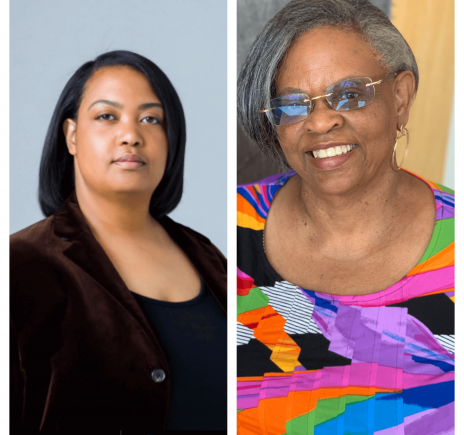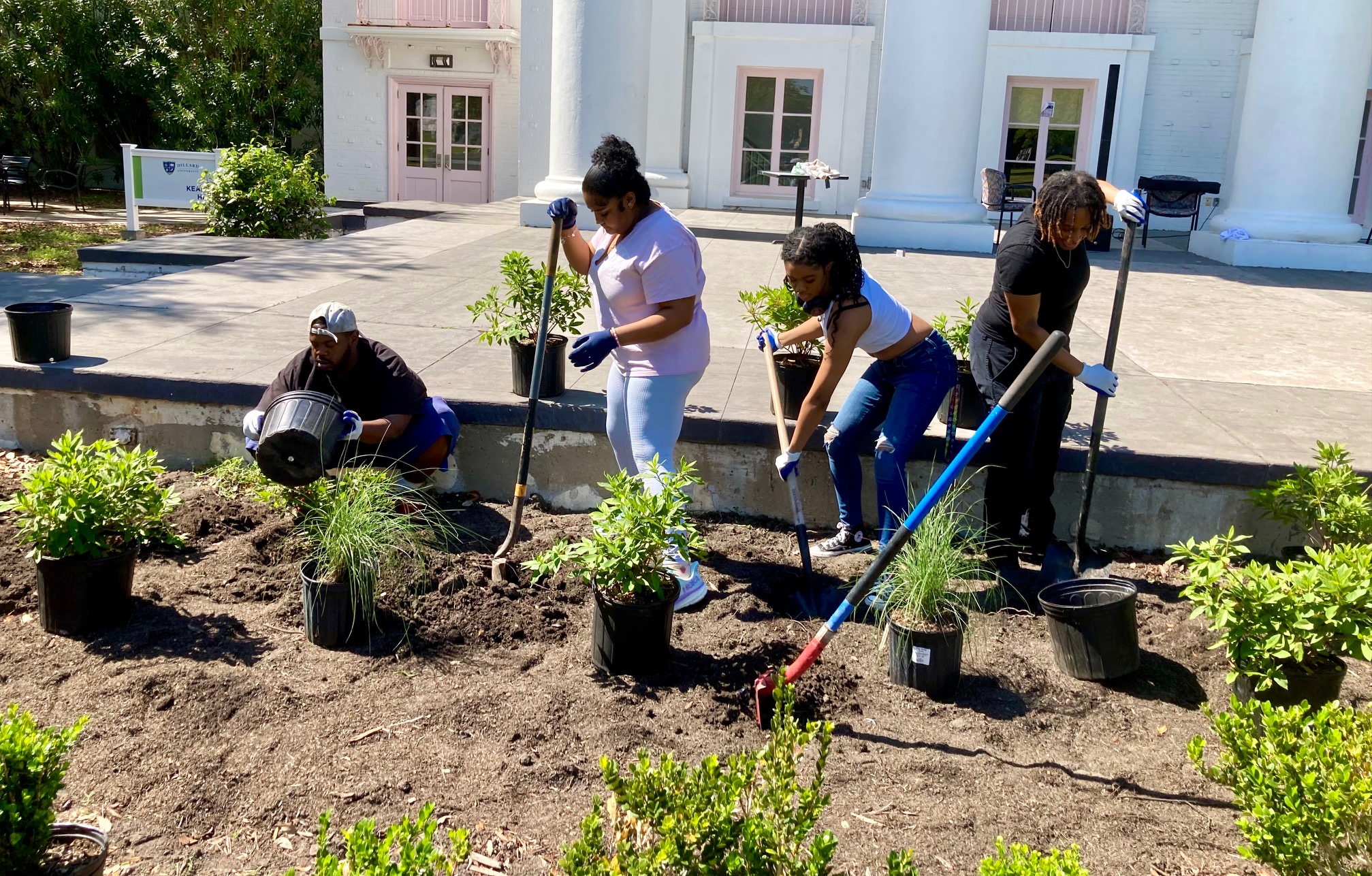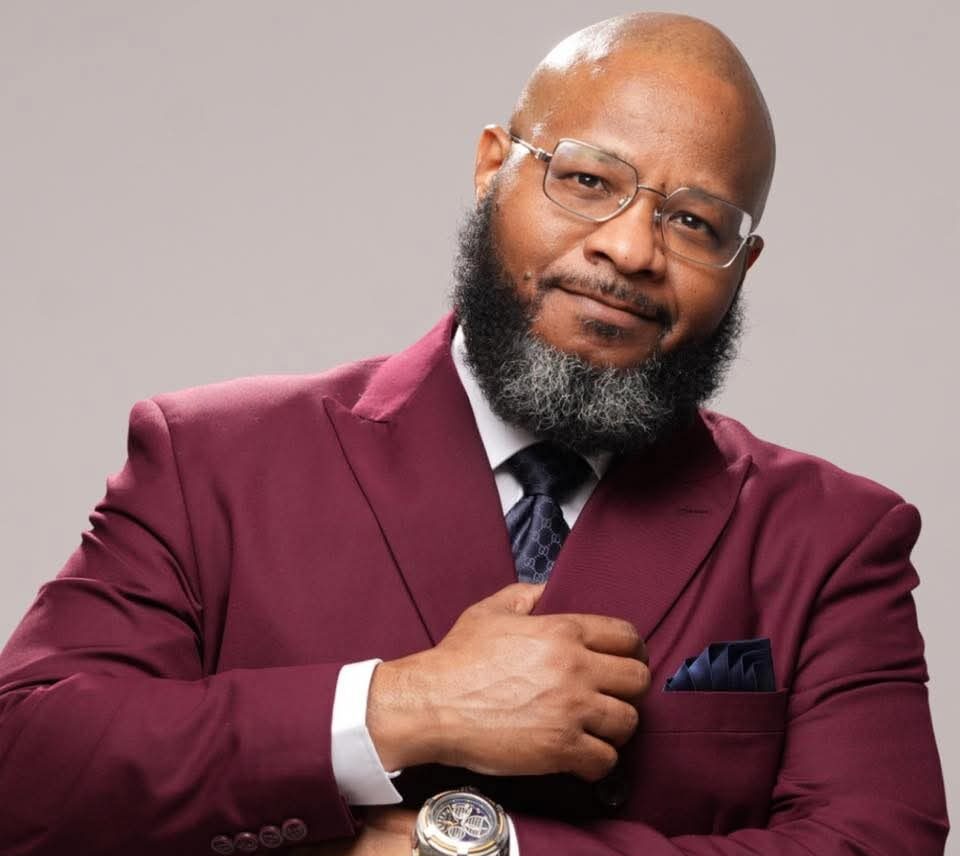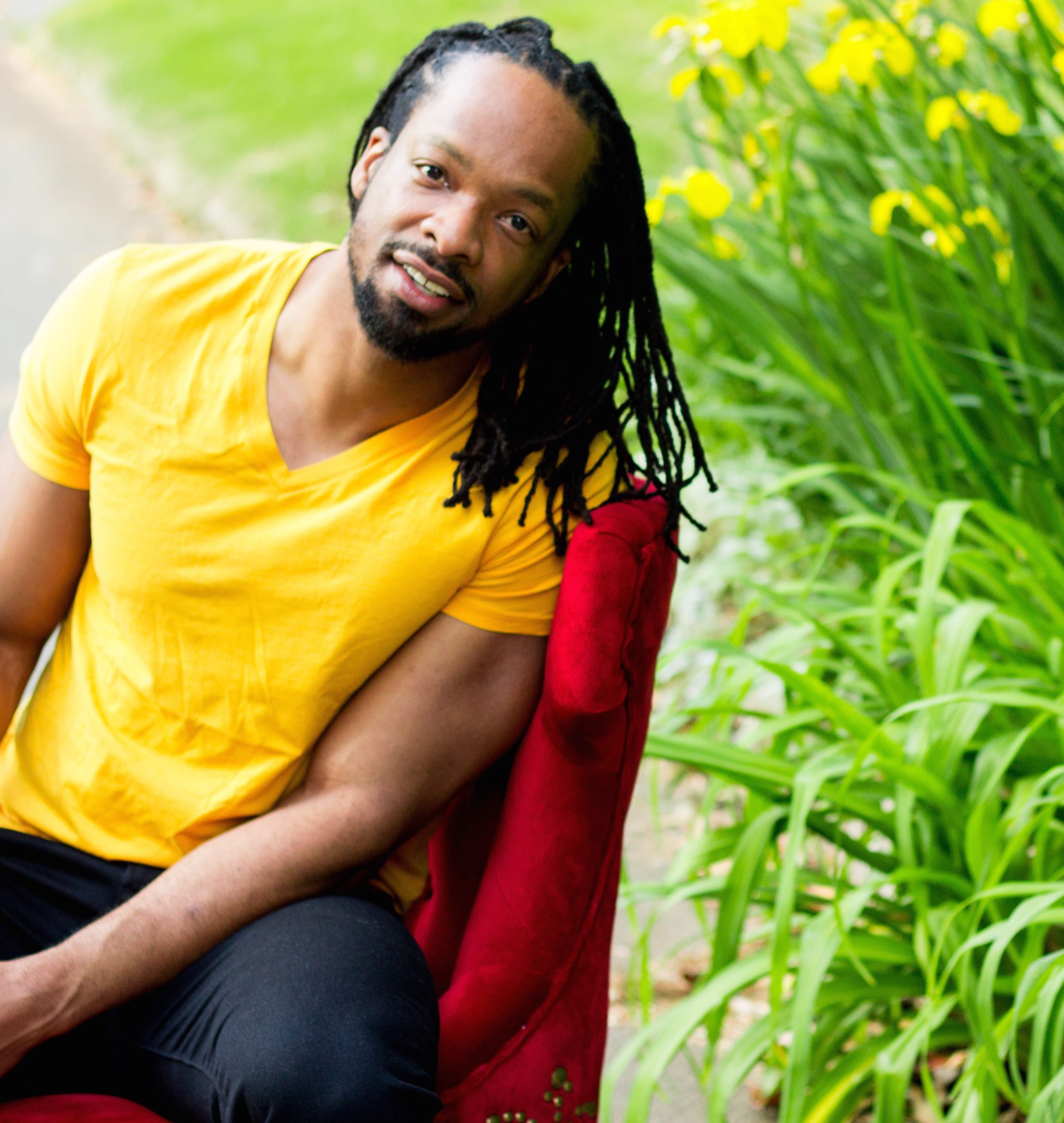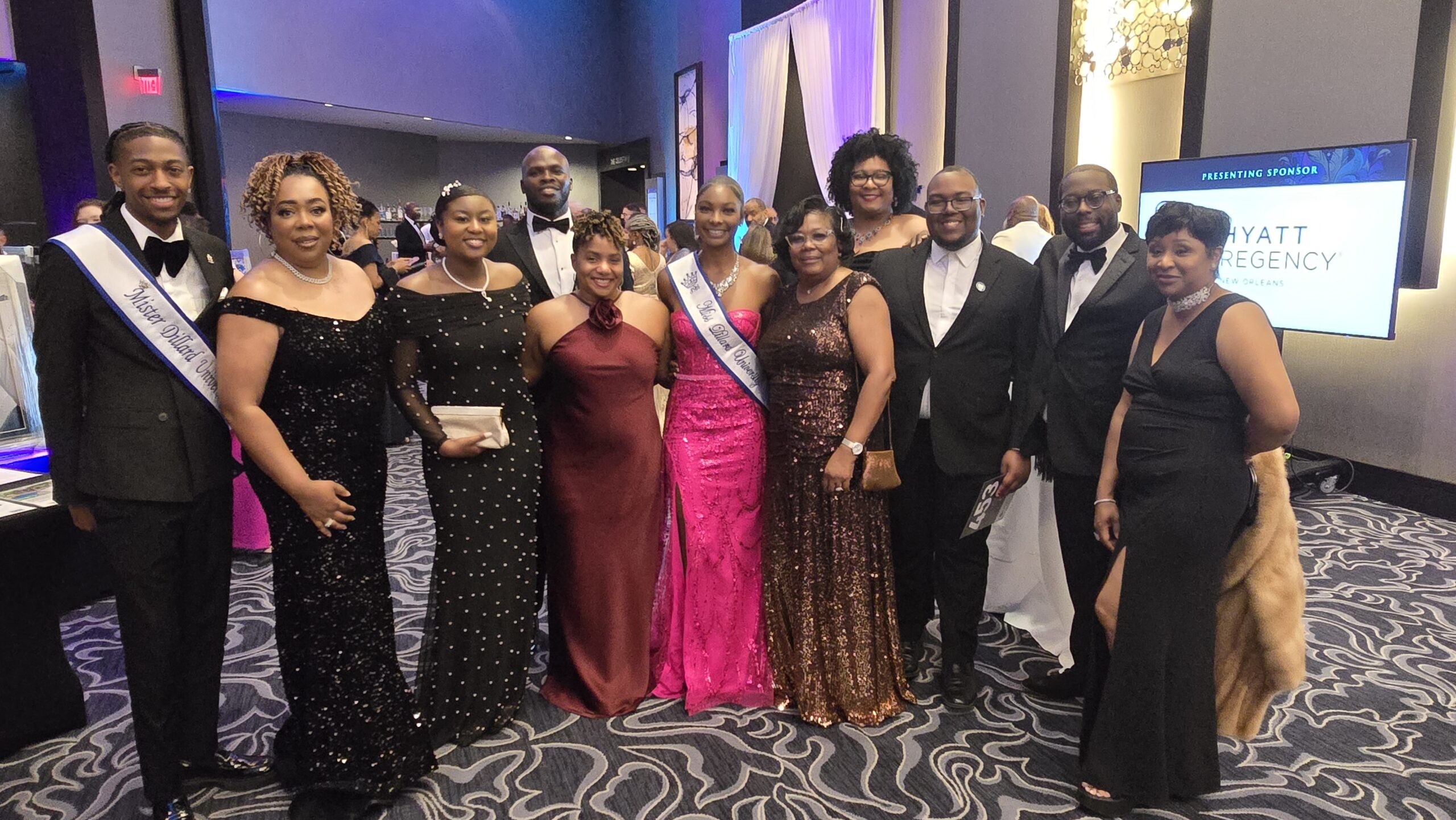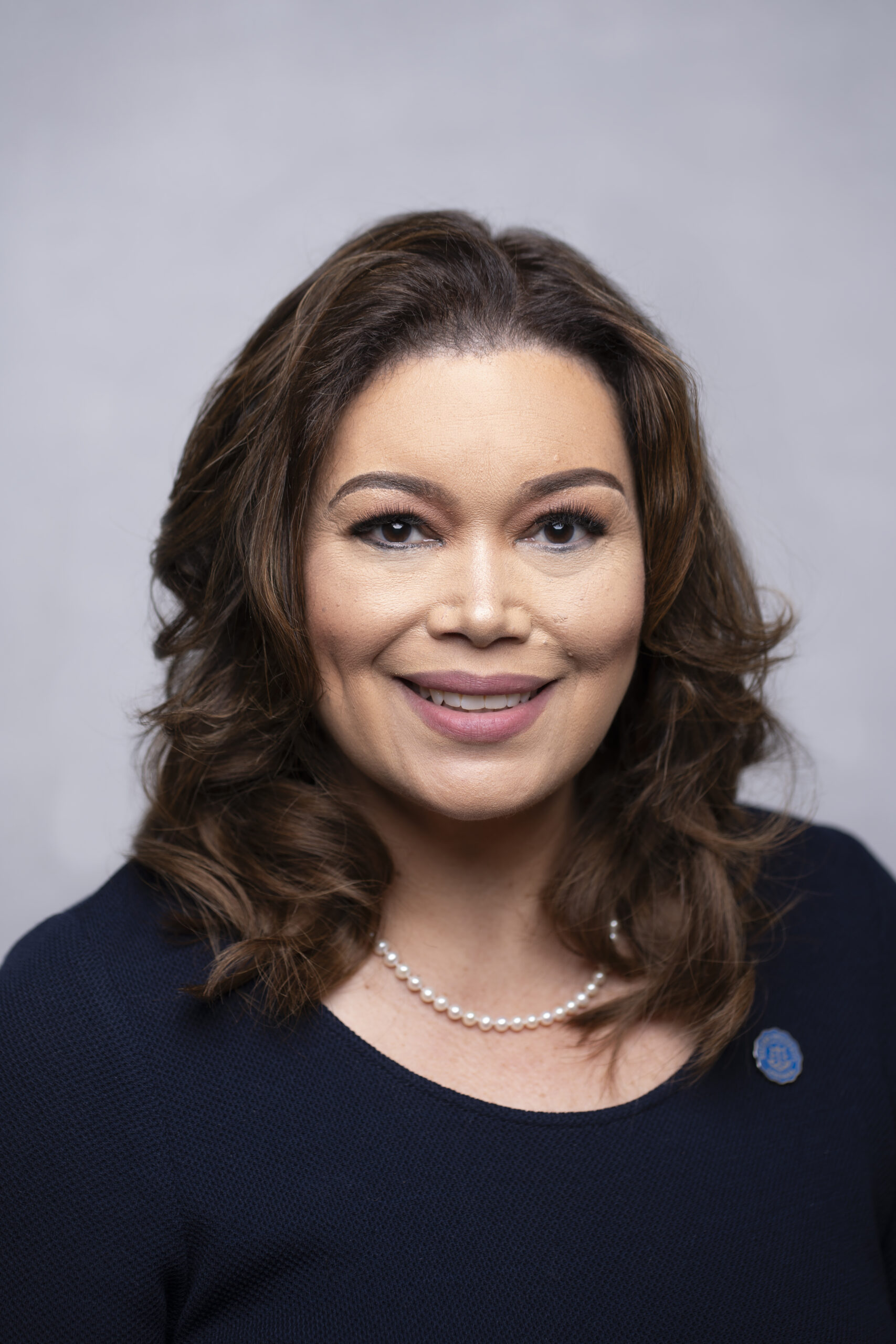After suffering bouts of homelessness, Arlan Hamilton decided to buy a one-way ticket to San Francisco. Her plan? Enter the venture capital industry to secure funds for Black and LGBTQIA businesses. And while she was able to collect millions of dollars to give to underserved institutions, Hamilton became the founder and managing partner of Backstage Capital and a best-selling author in the process. In an interview with Forbes, Hamilton shared how traditional capitalists miss the mark by not tapping into businesses that would yield a high return on investment because they are startups, people of color, or LGBTQIA-owned. “This is a time-sensitive matter. Every day that we’re not doing this we’re missing out on discovering someone brilliant who’s not been allowed at the table,” Hamilton told journalist Moira Forbes. The self-taught Hamilton notes that her expertise in the music industry gave her an eye for what venture capitalists were missing. By studying that consumers are becoming more conscious about where they spend their money and time, Hamilton is laser-focused on increasing the percentage of venture dollars distributed to people who are not white, male, or straight. And while Hamilton plans on making capital funding more inclusive, she also wants to give undergraduate students a chance to thrive in college without worrying about how they or their parents will pay for it.

In an interview with the Office of Communications and Marketing, Hamilton shares why she is launching the Arlan Hamilton and Earline Butler Sims ‘71 Scholarship at Dillard University and the importance of making sure everyone can accomplish their goals without money being a barrier.
Dillard University (DU): Tell us about yourself and your company Backstage Capital.
Arlan Hamilton (AH): I was born in Jackson, Mississippi, and grew up in Dallas, Texas. I wrote a book, titled, “It’s About Damn Time” and have a weekly podcast called “Your First Million.” I’m a public speaker and my mother often comes with me to those engagements as she is (at the age of 72) highly engaged with the tech community.
About a decade ago, I began working on Backstage Capital after learning about the disparities and amount of capital that goes to white men in the country. Ninety percent of venture and angel funding goes to white men despite them only making up a third of the United States’ population. So I knew something had to change about that. In the past five years, I have raised $20 million and invested in 200 companies led by women, people of color, and LGBTQ founders with my team at Backstage.
DU: Why did you create the scholarship at Dillard University?
AH: To honor my mother; she went to Dillard and talked about it fondly for as long as I have been alive. She believes it is a wonderful institution. I didn’t go to college–at the time, I felt it wasn’t right to leave my family due to the number of financial hardships. So when I got to this position, I felt like I could [invest money for a student]. I created two scholarships: one at Oxford University and one at Dillard. [My mother and I] believe these are the top schools in the world. We want to enable people to go to school without financial hardships.
DU: One of the requirements for the Dillard scholarship is that the student must be a psychology major. Why is that? And why do you think this field is so important now more than ever.
AH: My mother was a psychology major, and discipline is important to us. Mental health for Black people is overlooked and a footnote (afterthought one, would say) [for many]. We have so much trauma as a people. I’ve had therapy over the years and, so have many of my friends. And it takes a lot of [time] to find a Black therapist. We want more highly qualified therapists, psychologists, and others to be out in the world.
DU: How do you think Gen-Z will bring about change with the mental health industry since there is red tape and gatekeeping?
AH: They are a very aware generation! I’m 40 and anyone who could essentially be my child seems like they are more [cognizant]. Many generations have been aware, coming from the Civil Rights Era to the 1990s. But I believe the stigma around mental health will be as high and strong as it was before. More and more people are talking about their feelings. Even when you look at [media] content — Look at [“Red Table Talk”] Willow Smith interviewing Paris Jackson. I think we will see more of that [in the coming years].
Arlan Hamilton and her mother, Earline Sims ‘71, hope that this scholarship is one example of a scholarship launched at Dillard University. Hamilton invites others, who are alumni (or not) to create scholarships at Dillard. “It doesn’t have to be a full scholarship to be impactful. It can be a partial scholarship,” Hamilton said when our interview ended. She hopes this will be a jumping point for more resources to pour into the Jewel of Gentilly.

Dillard University (DU): Why was it important for you and your daughter to create a scholarship at Dillard University?
Earline Butler Sims (ES): I loved my time at Dillard University. [When I look back] I didn’t use my time in college as I should have. I want someone else to be able to utilize the [resources the college] provides.
DU: Can you give us insight on what college was like when you attended Dillard?
ES: I’m from Jackson, Mississippi, so I was a country girl going to the big city (New Orleans) [to attend Dillard University]. The year I enrolled at Dillard was 1967 and I was 18; I made lifelong friends and the professors were [prominent experts] in their field. My friends and I would try to make Dillard’s 6 p.m. weekend curfew while still enjoying a night out. Could you believe that Xavier was the Catholic school in the city and their curfew was midnight? [Laughs] We would have someone to sign our names for chapel Sunday morning. The theatre department was nationally recognized and Dillard gave its students a wealth of opportunities. There weren’t any computers when I went to college, either. During my time in college the major events were Martin Luther King Jr. passing and civil rights protests. One of my fond memories was of President Albert Dent not allowing the New Orleans Police Department (NOPD) on campus [to make arrests] after students had been protesting. [His actions were important and spoke volumes]. Because it showed that once you were on Dillard’s campus, you were safe.
DU: Share what life was like after you graduated from Dillard.
ES: My junior year I worked as a flight service station trainee and was offered a full time position but I wanted to remain in school and graduate. So the September after I graduated from Dillard, I moved to Houston and worked there for two years as an air traffic control trainee and then I moved to Oklahoma City to work as a psychology technician at the ATC Academy for FAA. I interviewed and screened air traffic controllers and completed administrative paperwork, but that only lasted six months because Oklahoma wasn’t a right fit for me. From there, I worked on and off at several telecommunication companies in different roles.
DU: What advice would you give students who do not immediately go to graduate school or land their dream job after graduating from Dillard?
ES: It’s important to not be too hard on yourself and follow your own path. Own your experience and don’t internalize [if your path looks different from others]. If you have to know what you want to do; make your own goals and think about where you want to be five years from now.

DU: How did you define success for yourself since you were able to be job fluid throughout your life?
ES: I was rehired seven times for the phone company and while some people may seek out more traditional jobs, it’s important to know what works for you and to do that. If something doesn’t work for you, don’t be afraid to fail. The one thing about it is, there is always tomorrow; and tomorrow, you will be able to look at things in a completely different way. I changed my major from math to psychology– and I loved math but psychology gave me some insight. Changing jobs is beneficial; I would always hire the people who have a variety of experiences. It also shows that you’re open and can look at things differently.
DU: What do you suggest for students who are on the fence about going to therapy or seeking out help from others?
ES: No one can do everything on their own. Everyone needs help. It is really hard to admit that you need help but no one is successful without people. Ask for [what you need], give help and find someone that you feel comfortable talking to–it can be a therapist or just a friend.
